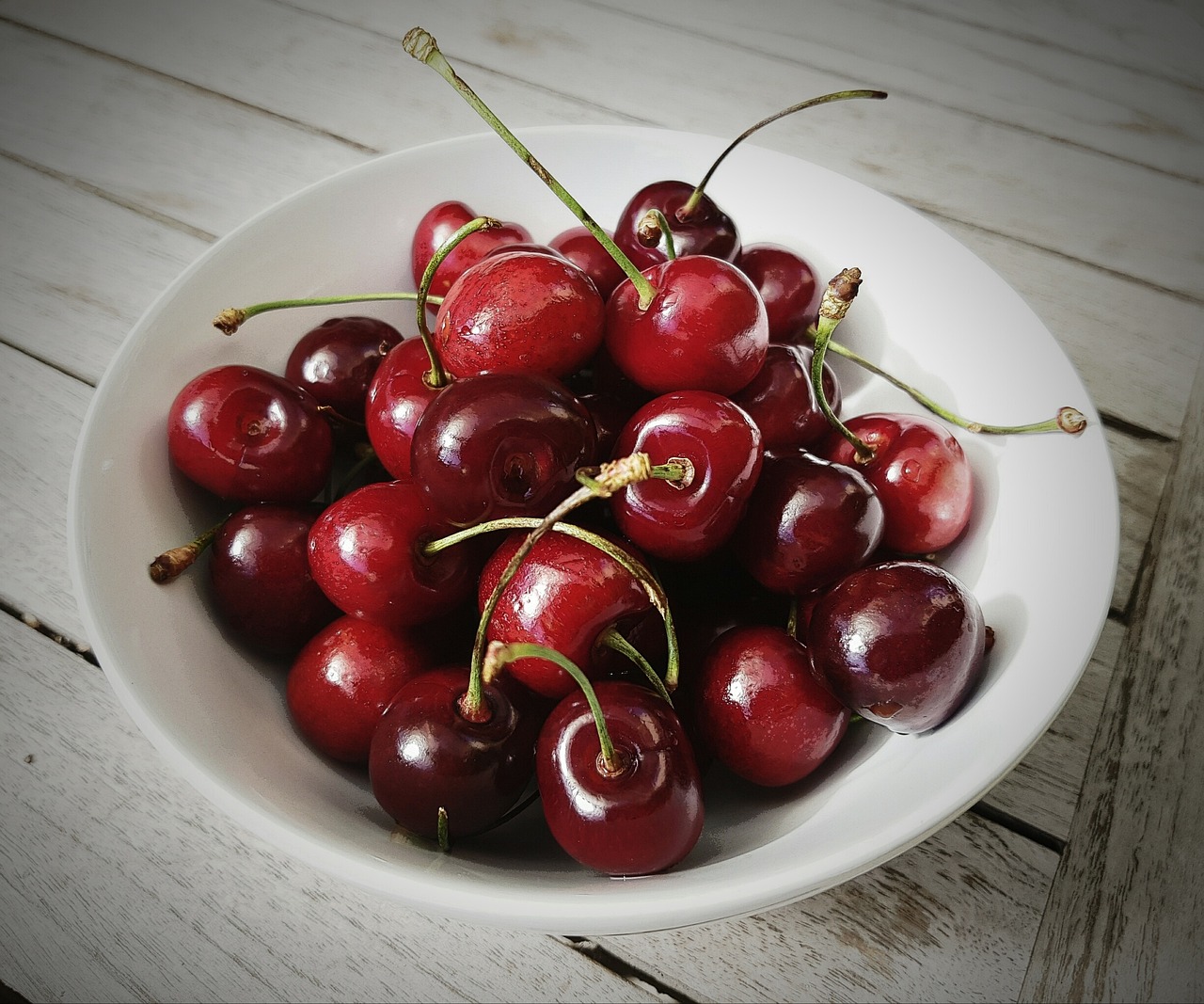The Future of Food Production: Sustainable Practices and Technologies
Traditional food production faces numerous obstacles in contemporary times. One significant challenge is the declining availability of arable land due to urbanization and industrialization. As more land is converted for non-agricultural purposes, the space for cultivating traditional crops diminishes, leading to a strain on food production.
Moreover, the aging of the agricultural workforce poses a critical challenge. In many regions, the younger generation is moving away from traditional farming practices, opting for urban jobs or pursuing higher education. This demographic shift results in a lack of skilled labor for traditional food production, impacting the overall efficiency and productivity of the sector.
Impact of Climate Change on Agriculture
Climate change is having significant implications for global agriculture. Rising temperatures, changes in precipitation patterns, and more frequent extreme weather events are posing challenges to farmers worldwide. These shifts in climate conditions are resulting in reduced crop yields, disrupted growing seasons, and increased pest and disease pressures, ultimately threatening food security for many communities.
Furthermore, the impact of climate change on agriculture extends beyond just crop production. Livestock farming is also being affected, with heat stress leading to decreased productivity and increased vulnerability to diseases. The changing climate is reshaping the landscape of agriculture, prompting the need for innovative adaptation strategies to ensure the sustainability and resilience of food production systems.
How is climate change affecting traditional food production?
Climate change is causing shifts in weather patterns, leading to changes in temperature and precipitation levels. This can disrupt traditional food production practices and affect crop yields.
What are some of the challenges faced by farmers due to climate change?
Farmers are facing challenges such as unpredictable weather patterns, increased pest and disease pressures, and water scarcity. These factors can significantly impact agricultural productivity.
How does climate change impact the quality and quantity of agricultural produce?
Climate change can affect the quality and quantity of agricultural produce by altering growing conditions, leading to changes in crop yields and nutritional content. This can impact food security and availability.
What are some strategies that farmers can adopt to mitigate the impact of climate change on agriculture?
Farmers can adopt sustainable farming practices, such as crop diversification, soil conservation, and water management techniques. They can also utilize climate-resilient crop varieties and engage in climate-smart agriculture.
How can policymakers and stakeholders contribute to addressing the impact of climate change on agriculture?
Policymakers and stakeholders can support farmers by implementing policies that promote climate resilience, providing access to resources and technologies, and investing in research and development for sustainable agricultural practices.





